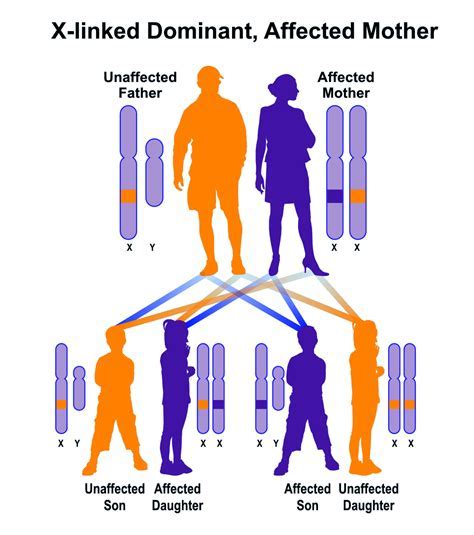Your basket is currently empty!

Cause of Chromosomal abnormalities
Chromosomal abnormalities like Down syndrome, Trisomy 18 (Edwards syndrome), and Trisomy 13 (Patau syndrome) result from genetic alterations affecting the number or structure of chromosomes in a person’s cells.
- Down Syndrome:
- Cause: Down syndrome, also known as Trisomy 21, occurs when an individual has an extra copy of chromosome 21. Typically, humans have 23 pairs of chromosomes, but in Down syndrome, there’s an additional partial or full copy of the 21st chromosome.
- Characteristics: Individuals with Down syndrome often exhibit distinct physical features, such as almond-shaped eyes, a flat facial profile, a shorter stature, and a single deep crease across the palm. They might also have intellectual disabilities, delayed development, and certain medical conditions, such as heart defects or gastrointestinal issues.
- Impact: Intellectual disabilities can vary in severity, and individuals with Down syndrome might face challenges in cognitive function, speech and language development, and social interactions. However, many can lead fulfilling lives with appropriate support and interventions, including therapies and educational programs.

- Trisomy 18 (Edwards Syndrome) and Trisomy 13 (Patau Syndrome):
- Cause: Trisomy 18 (Edwards syndrome) and Trisomy 13 (Patau syndrome) occur when there are extra copies of chromosomes 18 and 13, respectively, in each cell of the body.
- Characteristics: Both conditions are associated with severe intellectual and physical disabilities, often causing life-threatening complications. Babies born with Trisomy 18 or Trisomy 13 typically have multiple congenital abnormalities, such as heart defects, brain malformations, cleft lip and palate, as well as defects in other organs.
- Impact: The additional genetic material leads to extensive health challenges, significantly impacting life expectancy. Babies born with Trisomy 18 or Trisomy 13 often face complex medical needs, and unfortunately, many do not survive past the first year of life. However, supportive care and interventions aim to enhance the quality of life for those affected.
Chromosomal abnormalities like Down syndrome, Trisomy 18 (Edwards syndrome), and Trisomy 13 (Patau syndrome) primarily result from genetic changes that occur either during the formation of reproductive cells or early fetal development. These changes can involve errors in cell division, leading to an abnormal number of chromosomes in the cells of the developing embryo.They are typically not inherited but occur spontaneously.
In the case of Down syndrome, the specific cause is an extra copy of chromosome 21. This additional genetic material alters the course of development and leads to the characteristic features and health issues associated with the condition. Trisomy 18 and Trisomy 13 similarly occur due to extra copies of chromosomes 18 and 13, respectively, disrupting normal development and resulting in severe physical and intellectual disabilities.
It’s important to note that these chromosomal abnormalities typically occur randomly and are not usually inherited from parents. They result from sporadic errors in the cell division process during the formation of sperm or egg cells or during early fetal development.
As of now, there is no cure for these chromosomal abnormalities. They are lifelong conditions that individuals live with from birth. However, various medical interventions, therapies, and supportive care can significantly improve the quality of life and address specific health issues associated with these conditions.
Early detection through prenatal screening and diagnosis allows parents and healthcare providers to prepare for the birth of a child with these chromosomal abnormalities. It also enables families to access specialized medical care, therapies, and support services that can help manage associated health concerns and provide the best possible outcomes for the affected individuals.
While there isn’t a cure that can reverse these chromosomal abnormalities, ongoing research aims to better understand these conditions, improve supportive care, and develop interventions that may enhance the quality of life for individuals affected by these genetic disorders.
Diagnosis of these conditions often occurs through prenatal screening or diagnostic tests during pregnancy, allowing parents to make informed decisions about care, interventions, and support for their child both before and after birth. Early interventions, medical care, and supportive therapies can significantly improve the quality of life for individuals affected by these chromosomal abnormalities.

Leave a Reply